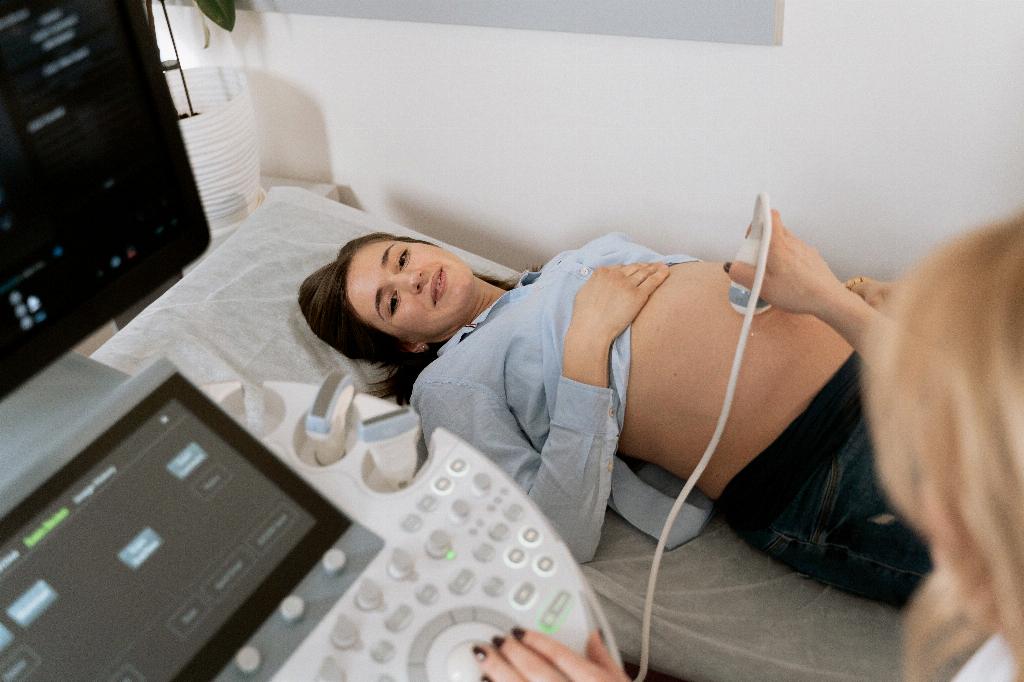One of the many changes that women experience during early pregnancy is bloating. It’s a common symptom that can often catch many by surprise. The expansion of the uterus, hormonal changes, and increased blood flow to the pelvic area can all contribute to this discomfort.
Causes of Extreme Bloating
Extreme bloating in early pregnancy can be caused by a variety of factors. The hormonal changes, especially the increased levels of progesterone, can slow down digestion, leading to gas and bloating. Additionally, the growing uterus can put pressure on the digestive organs, exacerbating the bloating sensation.
Dealing with Bloating
While bloating is a common and usually harmless symptom of early pregnancy, there are ways to help alleviate the discomfort. Eating smaller, more frequent meals, staying hydrated, and avoiding gas-producing foods can all help in reducing bloating. Gentle exercise like walking can also aid in digestion.
When to Seek Medical Advice
Although bloating is often a normal part of early pregnancy, extreme or persistent bloating should not be ignored. If bloating is accompanied by severe abdominal pain, fever, vomiting, or changes in bowel habits, it is important to consult a healthcare provider promptly.
Managing Symptoms
For many women, bloating in early pregnancy can be managed with simple lifestyle changes. Wearing loose clothing, practicing relaxation techniques, and getting plenty of rest can all help in reducing discomfort. It’s important to listen to your body and take breaks when needed.
Support System
Going through early pregnancy can be both exciting and overwhelming. Having a strong support system in place, whether it’s a partner, family member, or friend, can help in coping with the physical and emotional changes that come with pregnancy.
Self-care and Pampering
Self-care is crucial during pregnancy, and taking time to pamper yourself can do wonders for your well-being. Whether it’s indulging in a warm bath, getting a prenatal massage, or simply taking a moment to relax and unwind, self-care can help in alleviating stress and discomfort.
Embracing Body Changes
Pregnancy is a time of significant changes, both emotionally and physically. Embracing the changes that your body goes through can help in fostering a positive mindset and body image. Remember that bloating, along with other symptoms, is a natural part of the pregnancy journey.
Importance of Communication
Open communication with your healthcare provider is key throughout your pregnancy. If you have concerns about bloating or any other symptoms you are experiencing, don’t hesitate to reach out for guidance and reassurance. Your healthcare provider is there to support you every step of the way.
Preparing for Parenthood
As you navigate through the ups and downs of early pregnancy, take this time to prepare for the exciting journey of parenthood. Educate yourself on pregnancy, childbirth, and parenting, and don’t hesitate to ask questions and seek support from those around you.
Final Thoughts
In conclusion, experiencing bloating in early pregnancy is normal and common among expectant mothers. By understanding the causes of bloating, making healthy lifestyle choices, seeking medical advice when needed, and practicing self-care, you can navigate through this phase with confidence and ease. Remember to cherish this special time in your life and embrace the changes that come with it.

